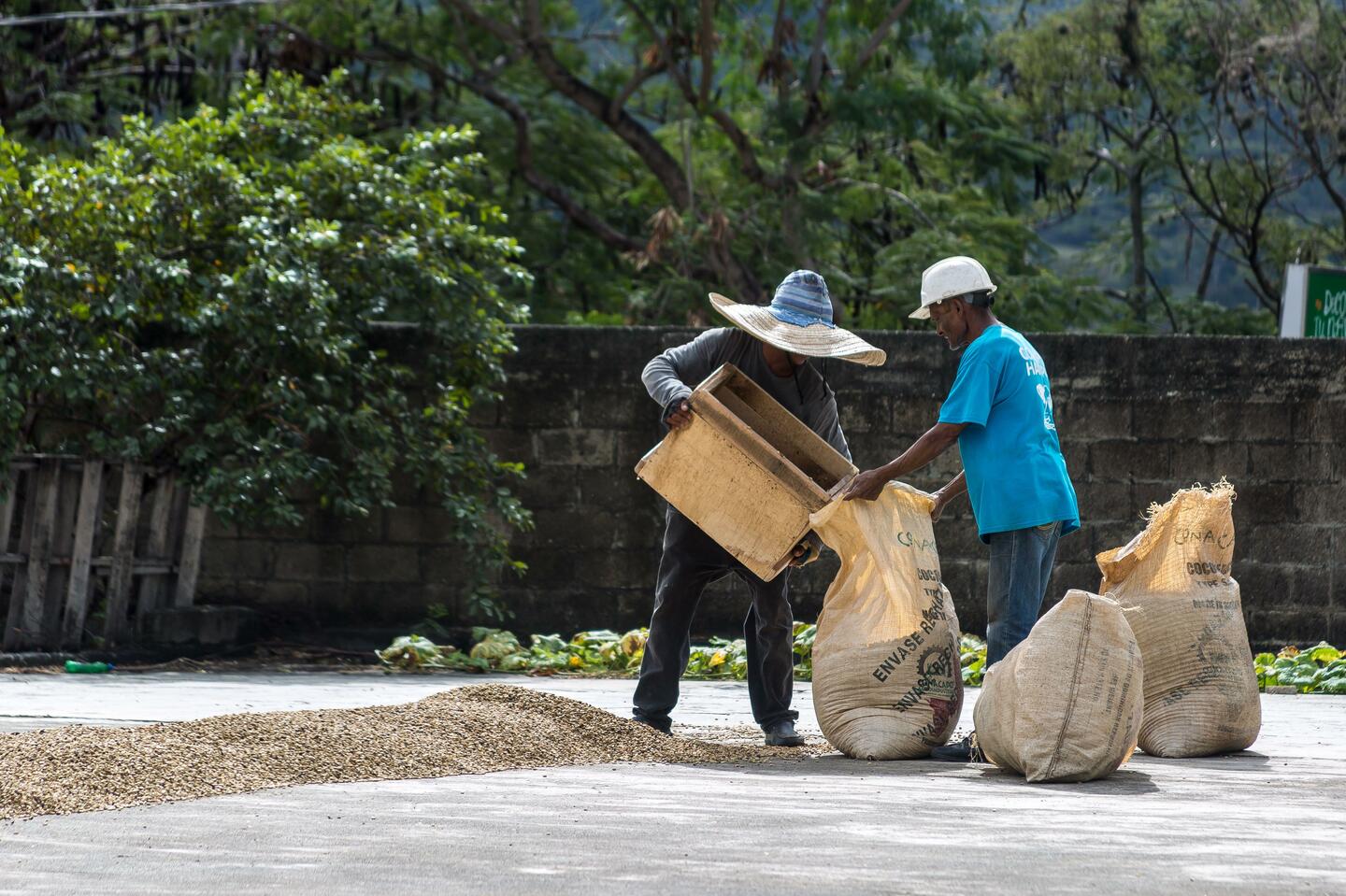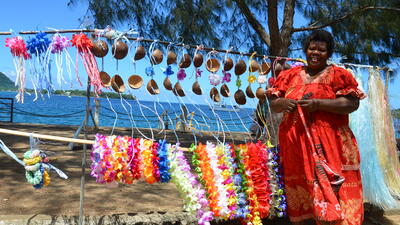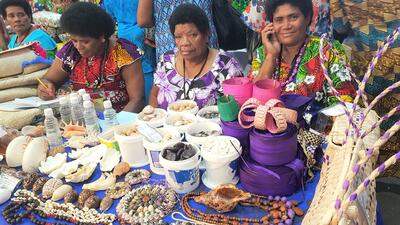
The private sector: Key for economic growth in small island developing States
Trade Forum had the opportunity to check in with Howard Politini, the Chairman of the Pacific Islands Private Sector Organisation before the Global Business Network Forum for small island developing States, to discuss major obstacles that small businesses are facing and how a new roadmap could change the economic prospects of these small island States.

A: The SAMOA Pathway, which sets out the action plan for the roadmap for small island developing States (SIDS) identified food security and nutrition as a key priority to address, particularly in the face of climate change.
Most local food production sits in the micro and small business sectors, with a significant proportion in the informal sector. To develop an effective roadmap, it is important that the private sector is a major partner in these discussions. Through the proposed dedicated private sector roundtable, we hope to ensure that the outcomes of the SIDS conference will have the best chance for success.
A: At the Global Business Network Forum, we will look at labour, access to affordable finance, climate resilience, shipping, and market access and risks.
Partnerships in information and communications technology are also crucial to proof our economies in the future.

A: Most businesses in the Pacific are micro and small businesses, and many work in the informal sector. This is due to the small size of our economies. As they underpin all the local supply of goods and services, the role of small business is significant at a local and national level. Our regional strategy in this regard focuses on e-commerce and connectivity infrastructure as the more cost-effective methodology for better stakeholder economic benefits.
With regards to exports, in some sectors such as agriculture, exporters usually rely on many small business suppliers to provide goods for exports (for instance kava, papaya, cocoa, and taro). We hope that the discussions this year will move us forward to a private sector development strategy that will properly address the issues we bring to the table, which include access to flexible funding mechanisms, investment and growth, access to skilled labour and climate resilience.
A: If we are talking about market access for exports, there is much that can be done. Cost of shipping, small volumes of production, marketing development, e-commerce – these are all issues that could be addressed in a programmatic way.
At the regulatory level we need to find ways to ensure affordable access to resources, as commercial banks are unable to do this. The Pacific region would benefit from a regional Development Bank with a mandate to drive private sector growth through investment and technical support.
















